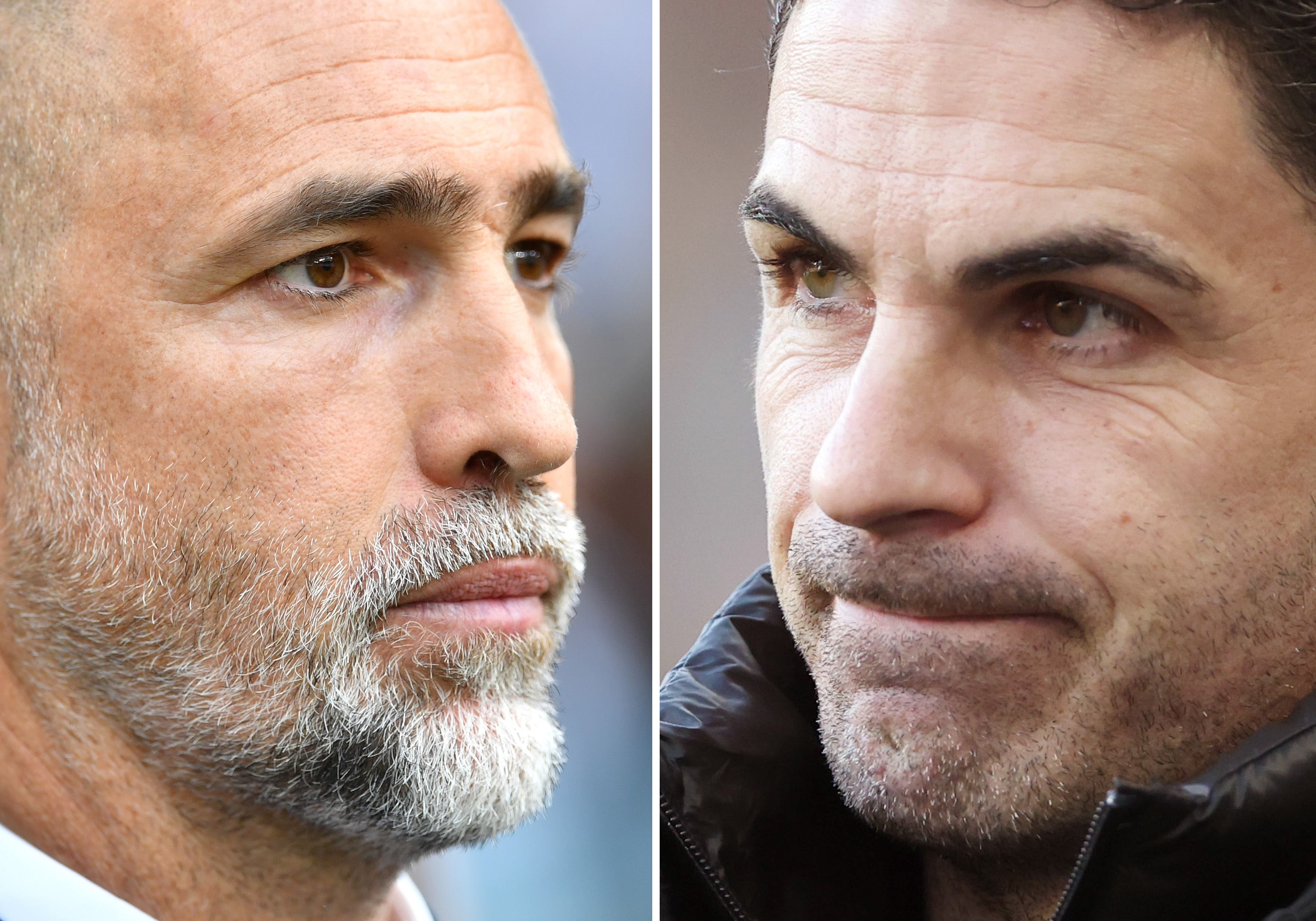‘It was just Sir Alex and me in a room. It was difficult to say no to the greatest manager of all time, to his face’ Why a teenage John Obi Mikel turned down Manchester United
The Nigerian was the subject of a long-running transfer dispute between Chelsea and Manchester United as a teenager
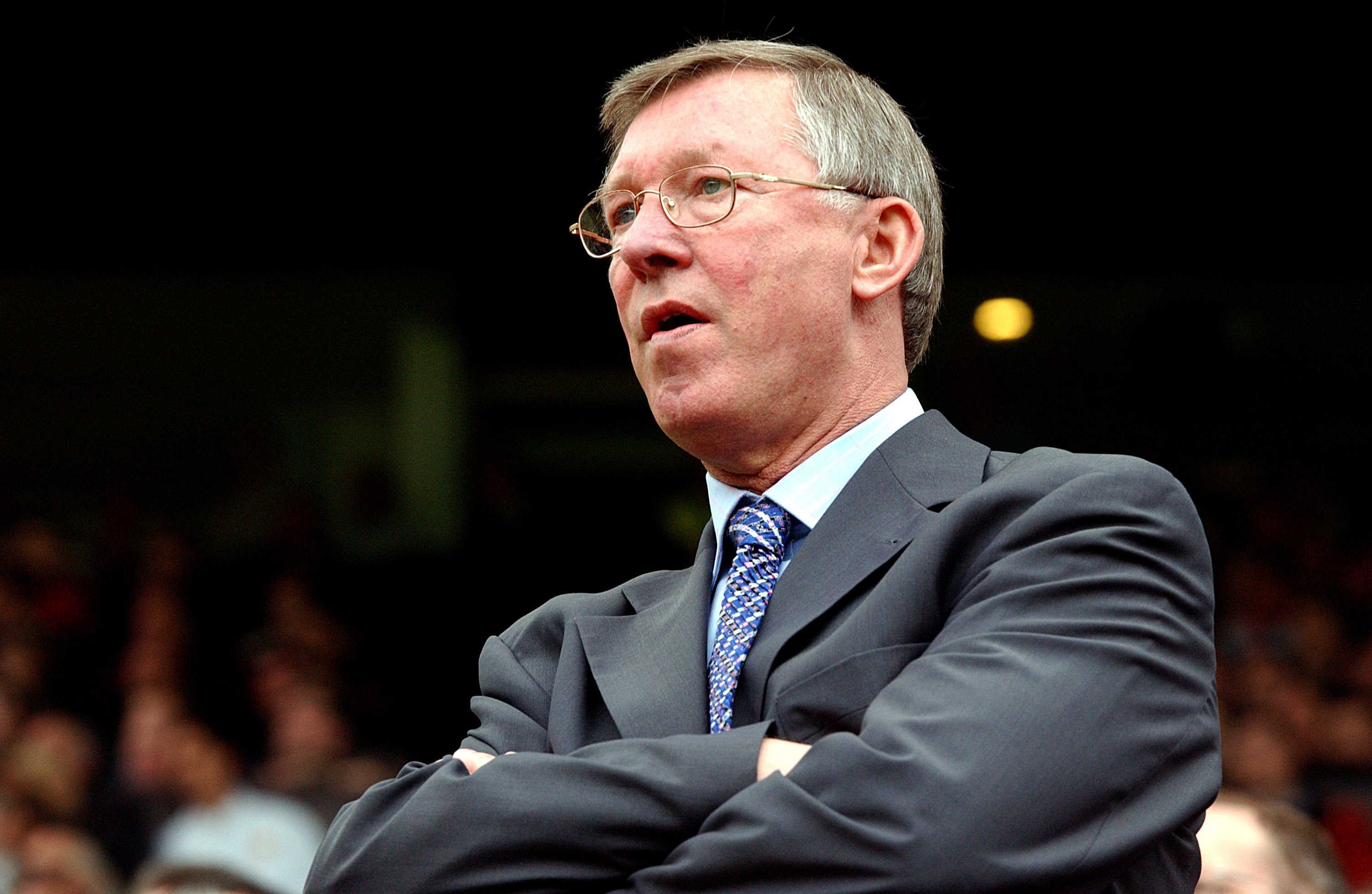
The best features, fun and footballing quizzes, straight to your inbox every week.
You are now subscribed
Your newsletter sign-up was successful
Want to add more newsletters?

Five times a week
FourFourTwo Daily
Fantastic football content straight to your inbox! From the latest transfer news, quizzes, videos, features and interviews with the biggest names in the game, plus lots more.

Once a week
...And it’s LIVE!
Sign up to our FREE live football newsletter, tracking all of the biggest games available to watch on the device of your choice. Never miss a kick-off!
Join the club
Get full access to premium articles, exclusive features and a growing list of member rewards.
Almost two decades on, John Obi Mikel’s 2006 move to Chelsea remains one of the most controversial and protracted transfer deals in Premier League history.
As a teenager, the Nigerian midfielder had been tagged as one to watch, with his performances at the 2003 Under-17 World Championship alerting Europe’s biggest clubs to his talents. After moving to Europe with Norwegian side Lyn Oslo, the Premier League came calling.
Manchester United announced in April 2005 that they had struck a deal to sign the 18-year-old, only for Chelsea to claim they had a deal in place, in a saga that took a year to resolve and ended up with Mikel at Stamford Bridge.
John Obi Mikel on turning down Sir Alex Ferguson
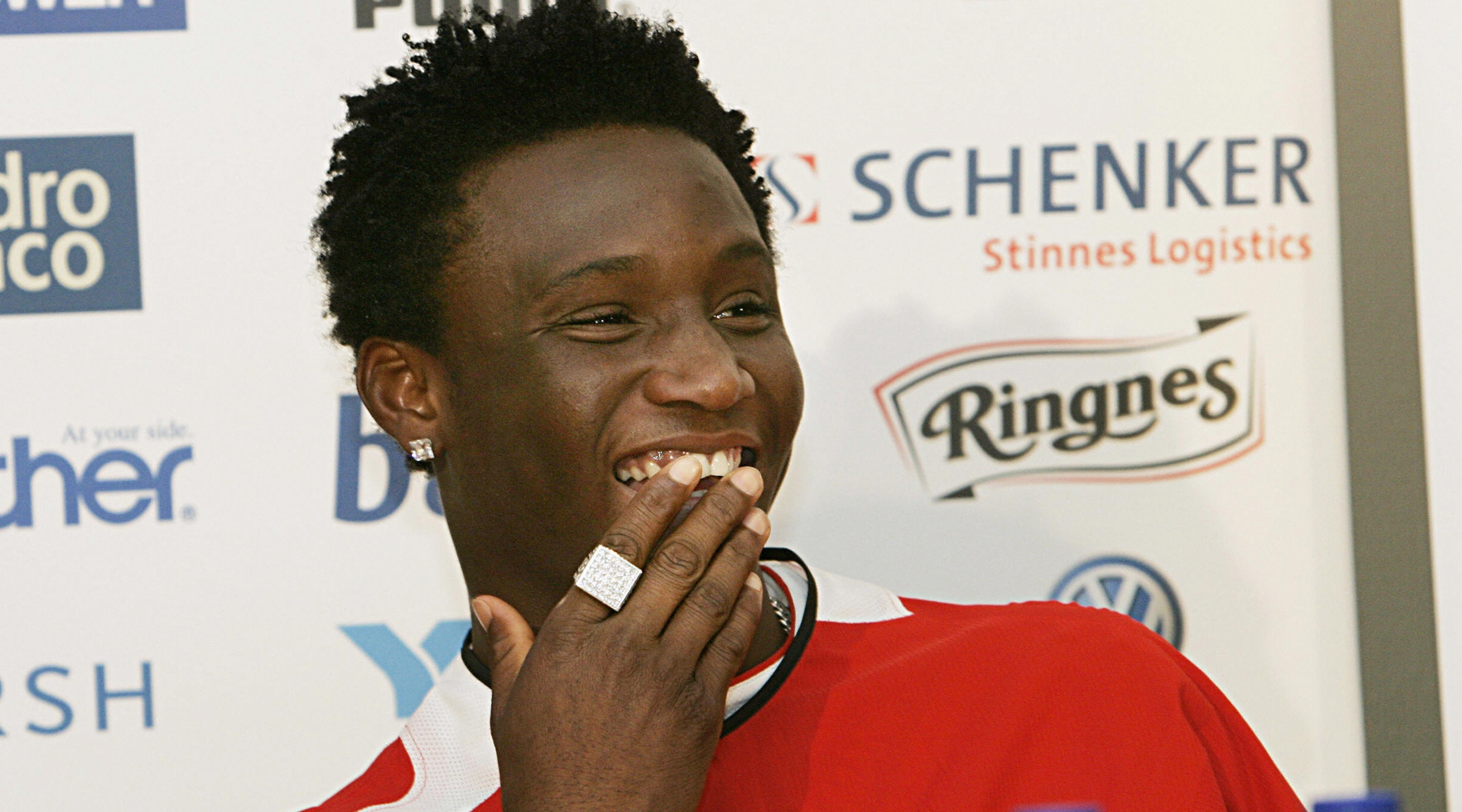
Mikel went as far as posing with a Manchester United shirt and training with the Red Devils before completing his move to Chelsea, but ultimately he chose the London side, which meant telling Sir Alex Ferguson he did not want to sign for him.
“Roman Abramovich was like, ‘There’s no way I’m letting this kid go, I want him at the club’, and they fought tooth and nail to make sure I joined Chelsea, but Manchester United were still not letting go,” Mikel recalls to FourFourTwo.
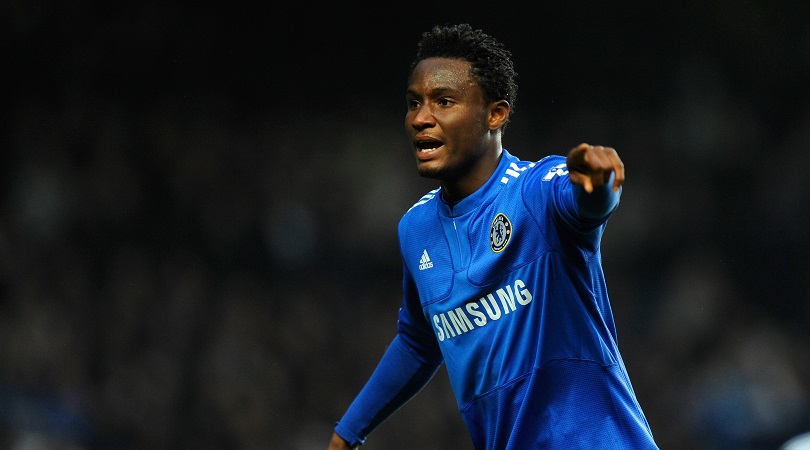
“Eventually, when things still weren’t resolved, Sir Alex Ferguson said: “OK, I’ll have a meeting with the kid – give me 20 or 30 minutes with him and I’ll get it sorted.” It was just him and me in a room. My agent was outside, and before I went in, he told me: “Look, he’s going to try, and this meeting determines what happens, so if you come out of there and you’ve said yes to him, that’s a yes – but whatever he says, just nod your head and say no.”
“That’s exactly what I did. I was sitting at the end of this long table, like the tables they had during COVID for social distancing. Sir Alex was saying to me: “Listen, what is it that Chelsea are offering you? Is it the money? Tell me, I will give you more. Everyone at the club wants you, Roy Keane, Scholesy, they’re all asking after you, because they need you, we need you at the club, I’m going to make you the best player.”
The best features, fun and footballing quizzes, straight to your inbox every week.
“I’d listened to what my agent had told me beforehand, and I didn’t say much. I just said: “No, boss. I’m sorry, I just want to go to Chelsea.” It was difficult to say no to the greatest manager of all time, to sit there and say no to his face. Only a few players have ever said no to Alex Ferguson. I think Luis Figo might have been another one. But I wanted to go to Chelsea. Manchester United had won everything already. I wanted to go somewhere that I could create history.
“I could see Fergie getting redder and redder – I thought ‘I’m going to get a hairdryer from him’. But there was no hairdryer. After 30 or 40 minutes, he realised he couldn’t convince me and got up, took his briefcase and left. About a week later, Manchester United got in touch with Chelsea to say: “OK, we understand the kid has made his point clear, he doesn’t want to come to United any more, but you have to pay.” It was something like £12m to Manchester United and £4m to Lyn.
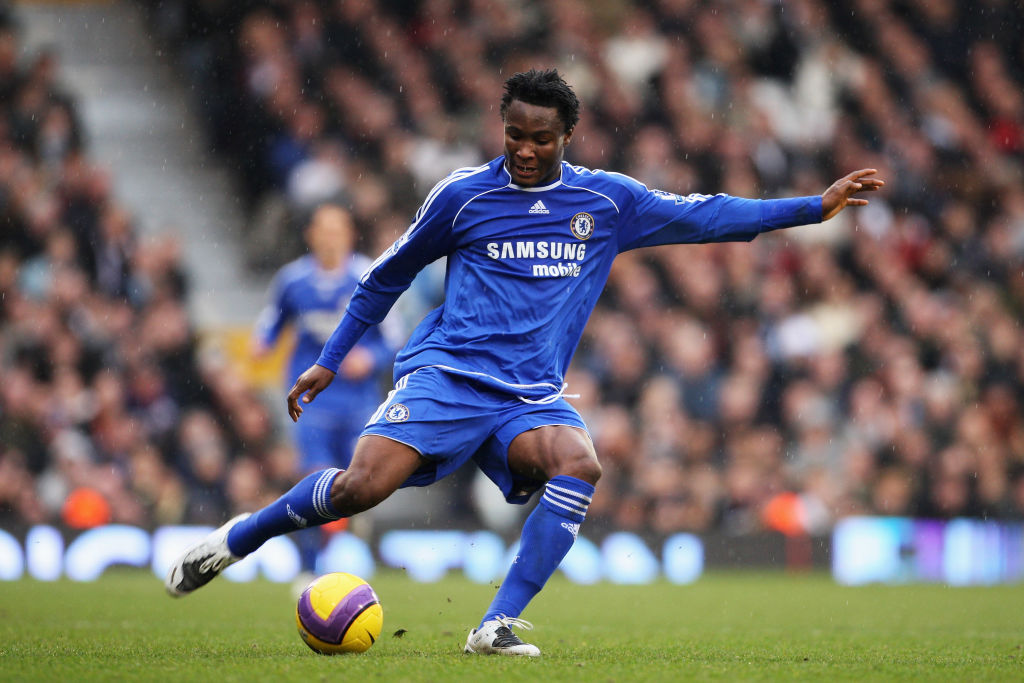
Mikel would go on to make 372 appearances for Chelsea and would go to enjoy spells at Middlesbrough and Stoke on his way to being ranked at no.14 in FourFourTwo’s list of the best African players in Premier League history. So what happened when he caught up with Ferguson when the dust had settled?
“Last year, I bumped into Sir Alex at the Champions League final and we had a nice chat,” Mikel continues. “I said hello to him and he said: “Oh, there he is, the one that got away!” He remembered everything, but said: “I’m not upset with you any more, it’s in the past.” I asked: “Have you forgiven me, boss?” He said yes, even though we know Fergie never forgives!”
Mikel was speaking to FFT in association with streaming platform DAZN
For more than a decade, Joe Mewis has worked in football journalism as a reporter and editor. Mewis has had stints at Mirror Football and LeedsLive among others and worked at FourFourTwo throughout Euro 2024, reporting on the tournament. In addition to his journalist work, Mewis is also the author of four football history books that include times on Leeds United and the England national team. Now working as a digital marketing coordinator at Harrogate Town, too, Mewis counts some of his best career moments as being in the iconic Spygate press conference under Marcelo Bielsa and seeing his beloved Leeds lift the Championship trophy during lockdown.
- Chris FlanaganSenior Staff Writer
You must confirm your public display name before commenting
Please logout and then login again, you will then be prompted to enter your display name.
 Join The Club
Join The Club











